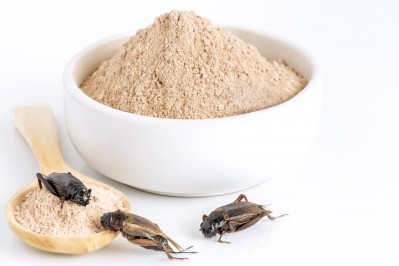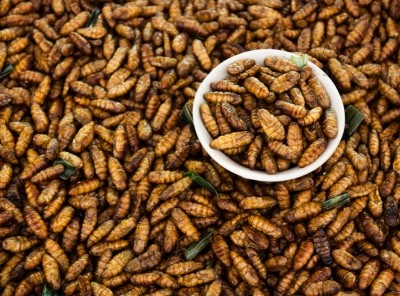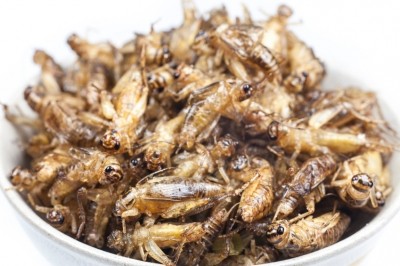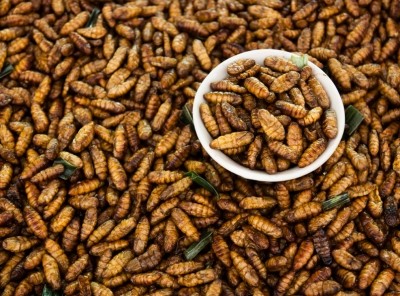Insects lack 'culinary identity' to pierce Western markets - but sushi's success could hold lessons
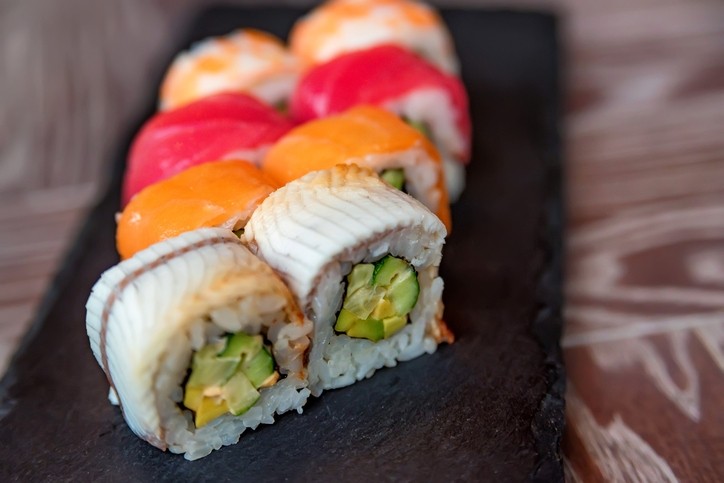
Much has been written about insects, the yuck factor and how to overcome this barrier, and sushi is often cited as a ‘new food’ success story.
If Western consumers embraced the concept of eating raw fish and seaweed, then it’s just a matter of time for insects.
But according to Jonas House, sociologist and lecturer at Wageningen University & Research, the low acceptance of insect products in the West is not down to the ‘yuck factor’.
People did, after all, end up embracing the raw fish of sushi. Lobster, which was considered inedible in the Victorian period, is now a culinary delicacy.
Rather, the failure is because they “lack a trendy image or status as a delicacy; they simply don’t have the wow-factor”, House writes in a Wageningen University blogpost.
House, who authored a study on the introduction and acceptance of sushi in the US from 1945 to 1970 last year, says the insect industry can learn from sushi’s story.
The concept of eating sushi was exported to the West along through high-end restaurants in a culturally appropriate context. People unfamiliar were drawn to sophisticated sushi bars, beautifully presented dishes and novel seating and serving arrangements.
This cultural framework is precisely what insects lack, says House.
He told FoodNavigator: “Sushi was popularised because of its cultural history but the practices involved in making it are very distinct and singular. A sushi restaurant serves only sushi, and it has chefs that prepare the dishes in special ways, whereas insects thus far have been added to Western-style familiar foods.”
The majority of manufacturers using insect protein in the West take the stealth method, incorporating flour into products such as energy bars, burgers and even pasta.
But hiding insects in finished products will not make them more acceptable, House said.
Create a culinary identity
Advocates and manufacturers, therefore, need to think about which traditional cuisines are most appropriate to draw on as inspiration, House said.
“I’m not saying to insect companies ‘don’t bother’, rather think about what sushi was, how it became more widespread and then we can draw on some lessons to help smooth the path of insects.”
In other words, countries where insects are an integral part of the traditional that could bestow upon them a “culinary identity” and “notional authenticity”.
According to House, Mexico and Thailand would be the “reasonable candidates”, he says, as they have internationally renowned cuisines, although a potential problem could be that both Mexican and Thai food have already been popularised without insects being a part of that.
The invisible ingredient
What about processed products manufacturers drawing on traditional cuisines for flavour inspiration?
Chapul, for instance, is an American insect bar manufacturer that draws on traditional flavours for its bars. Its Aztec cricket bar contains dark chocolate, coffee and cayenne while its Thai bar is flavoured with coconut, ginger and lime.
House is cautious about speculating on one specific brand but says: “It might work for them as a marketing strategy but giving something a Mexican gloss doesn’t really fit in with my argument.”
“I’m thinking about a broader view – what kind of restaurants we can have, what dishes we can create – rather than associating one product with a place because I don’t think energy bars are a traditional part of Mexico’s food heritage.”
“Another point to make is on the species being used. It seems that quite often in non-Western insect-based cuisine, the species used aren’t the ones that have been taken up in Western Europe.”
House’s advice to the bustling space of insect start-ups is: “Don’t stop what you’re doing but this is something else that we need to be considering.”
He adds: “If we want to popularise insects it won’t be one group of people that do it alone, it will involve businesses, researchers, and marketers… it needs to be a concerted effort.”
